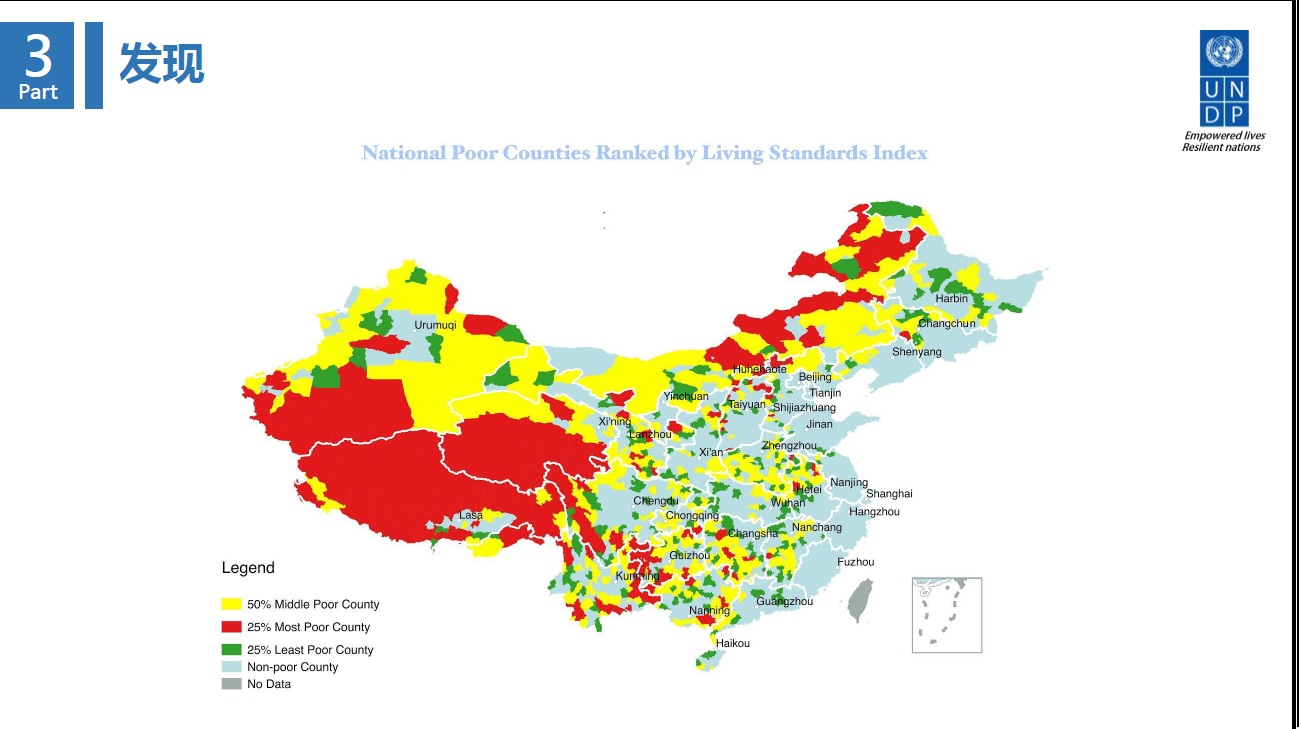ahojunk
RETIRED INTL MOD

- Joined
- Nov 17, 2014
- Messages
- 5,118
- Reaction score
- 6
- Country
- Location
4-day conference themed on "Apsara and Evolution" opens in Hangzhou
Source: Xinhua | 2016-10-13 20:54:41 | Editor: Mengjie

Jack Ma, founder and chairman of China's e-commerce giant Alibaba, makes a speech on 2016 Hangzhou YunQi Conference in Hangzhou, east China's Zhejiang Province, Oct. 13, 2016. The four-day conference themed on "Apsara and Evolution" kicked off here on Thursday. (Xinhua/Huang Zongzhi)

A girl tries a payment system basing on face-recognition technology at the venue of 2016 Hangzhou YunQi Conference in Hangzhou, east China's Zhejiang Province, Oct. 13, 2016. The four-day conference themed on "Apsara and Evolution" kicked off here on Thursday. (Xinhua/Huang Zongzhi)

A visitor tries a coffee purchase process basing on biological recognition technology at the venue of 2016 Hangzhou YunQi Conference in Hangzhou, east China's Zhejiang Province, Oct. 13, 2016. The four-day conference themed on "Apsara and Evolution" kicked off here on Thursday. (Xinhua/Huang Zongzhi)

Visitors try a VR shopping system at the venue of 2016 Hangzhou YunQi Conference in Hangzhou, east China's Zhejiang Province, Oct. 13, 2016. The four-day conference themed on "Apsara and Evolution" kicked off here on Thursday. (Xinhua/Huang Zongzhi)
Source: Xinhua | 2016-10-13 20:54:41 | Editor: Mengjie
Jack Ma, founder and chairman of China's e-commerce giant Alibaba, makes a speech on 2016 Hangzhou YunQi Conference in Hangzhou, east China's Zhejiang Province, Oct. 13, 2016. The four-day conference themed on "Apsara and Evolution" kicked off here on Thursday. (Xinhua/Huang Zongzhi)
A girl tries a payment system basing on face-recognition technology at the venue of 2016 Hangzhou YunQi Conference in Hangzhou, east China's Zhejiang Province, Oct. 13, 2016. The four-day conference themed on "Apsara and Evolution" kicked off here on Thursday. (Xinhua/Huang Zongzhi)
A visitor tries a coffee purchase process basing on biological recognition technology at the venue of 2016 Hangzhou YunQi Conference in Hangzhou, east China's Zhejiang Province, Oct. 13, 2016. The four-day conference themed on "Apsara and Evolution" kicked off here on Thursday. (Xinhua/Huang Zongzhi)
Visitors try a VR shopping system at the venue of 2016 Hangzhou YunQi Conference in Hangzhou, east China's Zhejiang Province, Oct. 13, 2016. The four-day conference themed on "Apsara and Evolution" kicked off here on Thursday. (Xinhua/Huang Zongzhi)









